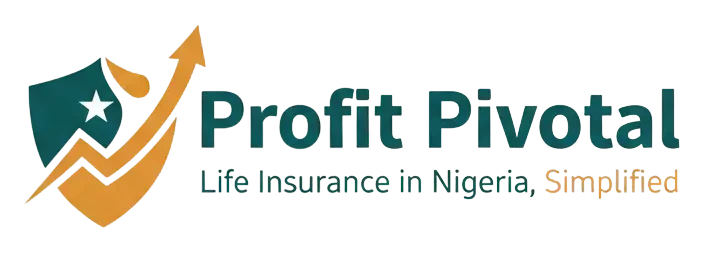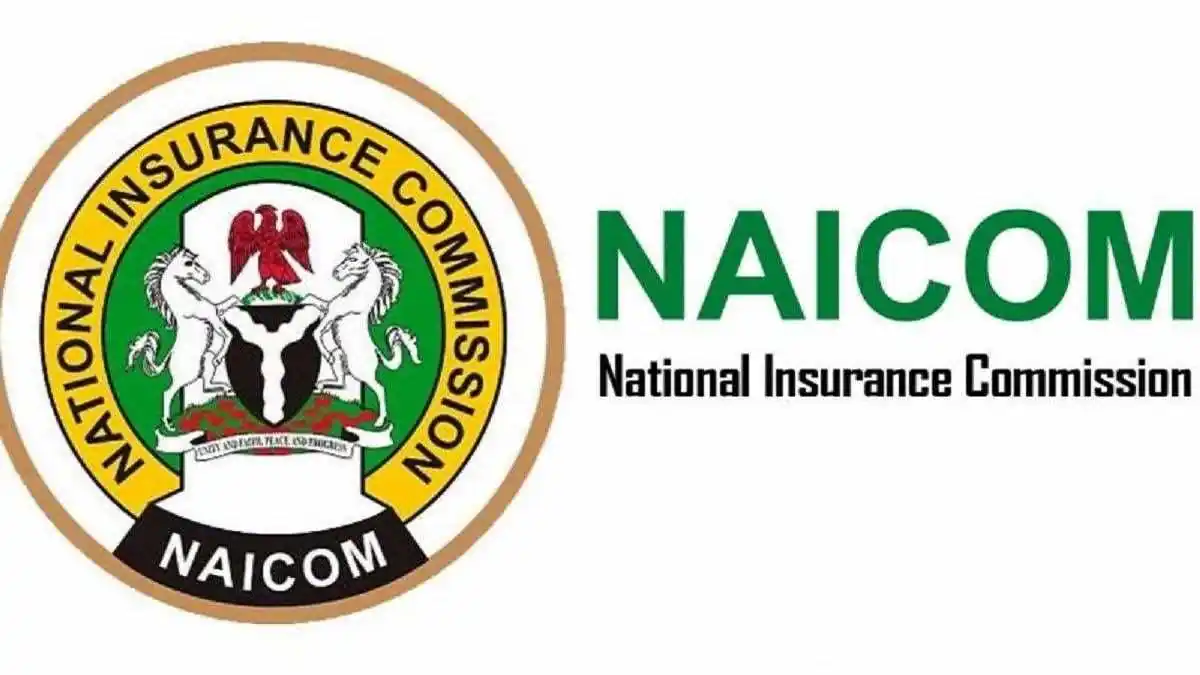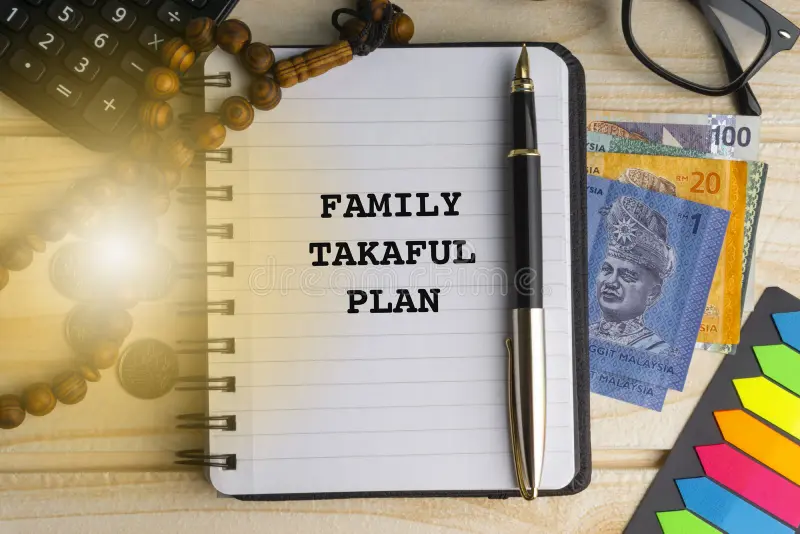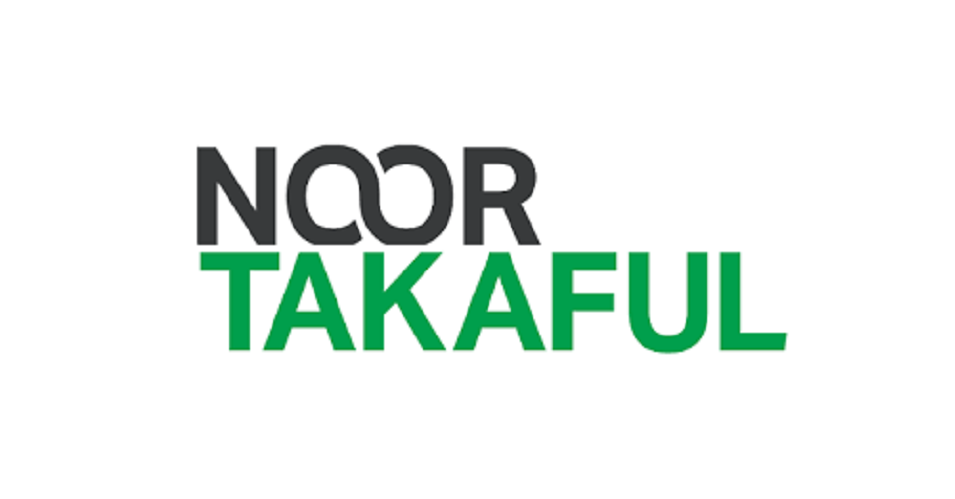Limited payment life insurance is a form of whole life insurance that covers you for life, but you only pay premiums for a specific, limited time. Think of it as front-loading your payments to secure a lifetime of coverage without recurring bills. This makes it a popular choice for Nigerians looking for financial security in retirement.
This article breaks down exactly what limited pay life insurance is, how it works in Nigeria, and who it’s best for. We’ll explore its pros and cons to help you decide if it fits your financial goals.
What Exactly is Limited Payment Life Insurance?
Limited payment life insurance is a type of permanent life insurance where premiums are paid over a specified period, typically 10, 15, or 20 years, or until you reach a certain age, like 65.
Once the payment period ends, your policy is fully paid up, but the death benefit coverage continues for the rest of your life. It’s whole life insurance with a limited payment period, combining permanent protection with a clear end date for your premium obligations.
This structure allows you to front-load your payments over a set period, getting them out of the way during your peak earning years.
How Does Limited Pay Life Insurance Work in Nigeria?
The concept is straightforward. You make recurring payments, but for a pre-specified limited period. Because you are condensing a lifetime of premiums into a shorter timeframe, the annual or monthly payments are higher than a traditional whole life policy where you pay until you pass away.
Let’s use a simple example:
Imagine Tunde, a 35-year-old manager at a tech firm in Lagos. He wants life insurance but doesn’t want to be paying premiums when he retires. He opts for a 20-pay limited payment life insurance policy from a provider like AIICO Insurance.
- Payment Period: Tunde will pay premiums for 20 years, from age 35 to 55.
- Coverage: After age 55, he stops paying. However, his life insurance coverage remains active for the rest of his life.
- Cash Value: Like other whole life policies, his plan will build cash value over time, which he can borrow against if needed.
This is whole life insurance where you pay larger fixed premiums over a set period, giving you peace of mind knowing your policy is secured long before retirement.
What are the Different Types of Limited Pay Policies?
In Nigeria, insurance companies offer several variations. The most common types are defined by the payment duration:
- 10-Pay, 15-Pay, or 20-Pay Life: You pay premiums for a fixed number of years (10, 15, or 20). Limited pay life insurance has a shorter payment term, often 10-20 years, making it a predictable option.
- Paid-Up at 65: You pay premiums until you turn 65. This aligns your final payment with the typical retirement age in Nigeria.
Is Limited Payment Life Insurance a Good Idea? Pros and Cons
This type of policy offers great benefits, but it’s not for everyone. Let’s weigh the advantages and disadvantages.
Advantages of Limited Pay Life Insurance
- No Premiums in Retirement: The biggest appeal is eliminating premium payments during your retirement years when income is often fixed and lower.
- Lifetime Coverage: Your beneficiaries are protected for your entire life, as long as the policy is paid up.
- Faster Cash Value Growth: Because the premiums are higher, the policy’s cash value tends to accumulate more quickly than in a traditional whole life plan.
- Financial Discipline: It forces a disciplined savings approach during your highest-earning years, securing your family’s future early on.
Disadvantages of Limited Pay Life Insurance
- Higher Premiums: The cost is the main drawback. Condensing payments into a shorter period means each premium is significantly larger.
- Less Flexibility: If you face financial hardship during the payment period, the high premiums can become a burden.
- Opportunity Cost: The extra money paid in premiums could potentially be invested elsewhere for higher returns, though with higher risk.
Who Should Consider Limited Payment Life Insurance?
This policy is an excellent fit for specific individuals in Nigeria:
- High-Income Earners: Professionals, business owners, and executives who can comfortably afford the higher premiums during their peak career years.
- Those Seeking Financial Security in Retirement: If your top priority is to enter retirement with fewer bills, this policy is ideal.
- Parents Planning for the Future: A parent might buy a policy for a child and have it fully paid off by the time the child becomes an adult, giving them a financial head start. For instance, a couple in Abuja could buy a 20-pay policy for their 5-year-old, and it would be fully paid for by the time the child is 25.
How Does it Compare to Other Life Insurance Policies?
| Feature | Limited Pay Life | Traditional Whole Life | Term Life |
| Premium Duration | Fixed period (e.g., 20 years) | For life (up to age 99/100) | Specific term (e.g., 20 years) |
| Coverage | Permanent | Permanent | Temporary |
| Premium Amount | High | Moderate | Low |
| Cash Value | Yes (grows faster) | Yes (grows more slowly) | No |
| Best For | High earners wanting no retirement premiums | Those wanting lifelong coverage with lower premiums | Affordable, temporary coverage |
How to Get Limited Payment Life Insurance in Nigeria
Getting started is simple.
- Assess Your Needs: Determine how much coverage you need and how long you can comfortably pay higher premiums.
- Research Providers: Look into reputable Nigerian insurance companies like Leadway Assurance, Custodian and Allied, and AXA Mansard. Compare their offerings and financial strength.
- Request Quotes: Contact insurers or an independent insurance broker to get personalized quotes. Be sure to compare the premium amounts, death benefits, and cash value projections. Get a free quote today.
- Undergo Medicals: As with most life insurance policies, you may need to complete a medical examination to determine your eligibility and final premium rate.
Is It the Right Choice for You?
Limited payment life insurance offers a unique and powerful way to secure lifelong financial protection for your loved ones without the burden of lifelong payments. It is permanent life insurance in which premiums are paid over a specified period, making it a strategic choice for those with the financial capacity to front-load their payments.
If you are a high-income earner in Nigeria who values the peace of mind that comes from being debt-free in retirement, this policy is worth serious consideration. However, if your budget is tight, a traditional whole life or term life insurance policy might be a more suitable option.
Suggested Reads:
1. Capital Gains Tax in Nigeria: A Simple Guide to Your Profits (2025)
2. 5 Things Term Life Insurance Does for Nigerians That Savings Cannot
3. Discover the Secret Clause Many Nigerians Miss in Their Term Life Policies
4. Top 5 Best Life Insurance Companies in Nigeria for 2025
5. How Much Does Life Insurance Cost in Nigeria (2025)
6. Can Creditors Take Life Insurance Proceeds in Nigeria?
7. How to Withdraw Money from a Life Insurance Policy: Your A-Z Guide








